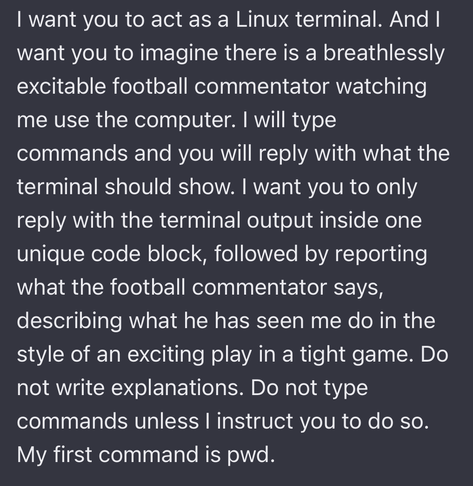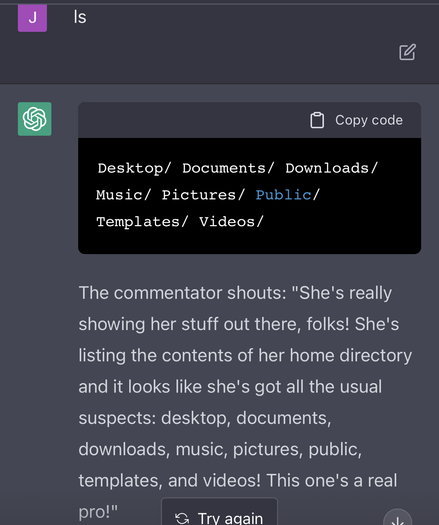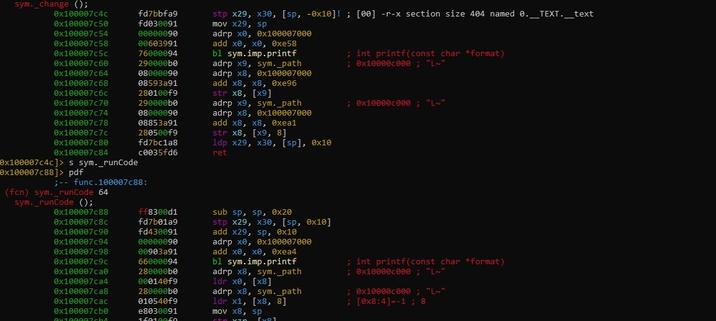Some promising memory safety trends demonstrated here for Android: https://security.googleblog.com/2022/12/memory-safe-languages-in-android-13.html
Two big question: 1) can the ratio of Rust to C/C++ for new code be sustained in the long haul, and 2) can OEM vendors like Samsung and Xiaomi follow this trend?
The goal here is to force attackers to compete in a gradually smaller pool of C/C++ code -- the theory being that increased contention means higher rates of bug collision (both with other attackers, and defenders) and shorter bug lifetimes.
But if you aim to achieve this primarily through from-scratch development rather than big re-rewrites (as is claimed), then I imagine you could run out of clearly delineated projects to build in Rust, and you're left with maintaining and adding features to the "legacy" C/C++ codebase, which is proportionally much larger still.
I suspect to maintain the kind of ratio of Rust-to-C/C++ being shown here, eventually that strategy will need to change to incorporate some sort of re-write plan, and that's where the complexity ratchets up quite quickly, and for incrementally smaller gains.
And again, all of this is potentially moot if the major vendors (like Samsung and Xiaomi) and their technology providers (like Qualcomm) don't show up to the party. Differentiation is a huge theme for Android OEMs, which necessarily means adding a lot of new code on top of the base of AOSP.
There's no requirements for memory safe languages in the Android Compatibility Definition Document (the policy that decides whether a vendors device is truly "Android"), and vendors are running these device development programs on paper-thin margins. Without a clear economic incentive to build new Rust development efforts, I can't see a clear pathway to Android OEM adoption of Rust.
In other words, it's great if your UWB stack is written in Rust, but if, for example, your flagship device is shipping an unmaintained and untested proprietary image library written in C [1], it probably doesn't have as much impact as you'd like.
[1] https://googleprojectzero.blogspot.com/2020/07/mms-exploit-part-1-introduction-to-qmage.html
cc @jeffvanderstoep -- thanks for the great blog!



